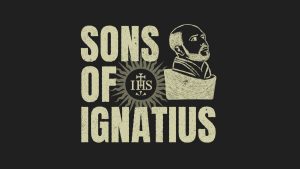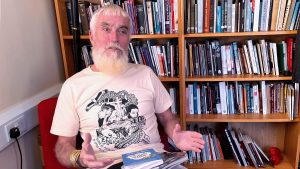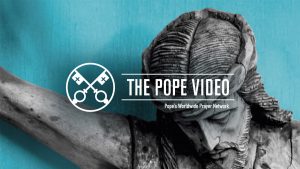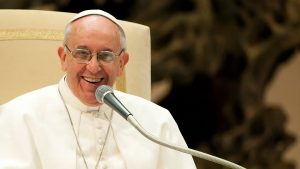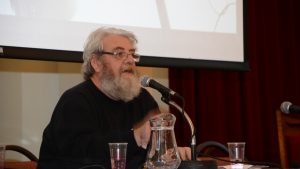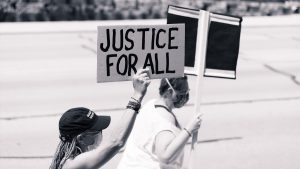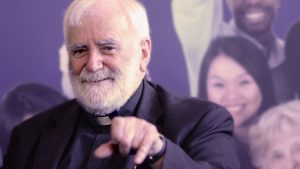The besetting sin of banking and finance

In the provocative lead article of this summer’s issue of Studies, Professor Ray Kinsella addresses the chronic failure of banks “to reflectively engage with the moral implications of their decision-making processes on society”. Banks rely on relationships with the markets, he notes in ‘Bank Annual Reports: The place of sin, relationships and social metrics’, “but the single most important relationship that a bank has is with society, from which it gets its legitimacy”.
A retired Professor of Banking and Finance at University College Dublin, Dr Kinsella is uncompromisingly critical of the culture of the financial world. The issue, he believes, needs to be framed in moral terms – in terms of sin, guilt, and ‘purpose of amendment’. The Gospel’s parable of the unforgiving servant is invoked for its powerful and damning resonance with the behaviour of banks: “…those who, having been rescued by society, then pay out as much, and in some instances more, in dividends and bonuses; those who, having fuelled a mortgage boom and been recapitalised by society, then enforce a ‘no write-off’ policy, repossess the homes of the victims of their mistakes and write the profits back into their P&L account”.
Is there a way to reform this culture? Professor Kinsella believes there is. What is missing from bank annual reports, he argues, are “social metrics”. These reports cover everything concerning income and expenditure, asset and liability management, transactional costs, earnings-per-share, and so on, and they include ‘key performance indicators’ (KPI), compliance metrics, and data relating to codes of practice. But banks “depend for their legitimacy… on the societies that they serve”, and their reports need to contain metrics related to their social impact. “How many homes have been repossessed? How many businesses have had receivers appointed? How many accounts have been closed? How many retail and small business loans have been sold off and to whom? How many suicides relating to such transactions have occurred?” These all constitute the “blood-and-tears” dimension of the social engagement of the banks, and they are often “hermetically sealed from the board”.
What Professor Kinsella is looking for is “a new conversation, based on social metrics, about ‘what we got wrong, why we messed up, and how best to repair broken and frayed relationships’.” And this new conversation should begin with a change of culture in the annual reports of the banks. Perhaps the banks themselves should not manage their own information. Perhaps the annual reports should be drawn up and collated independently of the banks.
There should also be a change in style in this new conversation – “A conversation that goes like this: ‘Speak to me in this report, in language that I can understand and reflect on, of your stewardship of the management of funds that are not yours. Tell me honestly, in metrics to which I can relate, how your business model – your way of doing things – has impacted on the society that we share over the last year”. This forthrightness and clarity is an essential part of the “different way of looking at things” which Professor Kinsella proposes.
The summer issue of Studies contains also a number of articles relating to modern Irish history, including two on the Jesuit poet Gerard Manley Hopkins. The more historical of these two, by Michael McGinley, looks at Hopkins’ Dublin friendships, and the more literary one, by Patrick Samway SJ, compares his poetry with that of Aubrey de Vere, a Catholic convert (like Hopkins) from Limerick. Declan O’Keeffe, teacher and head of communications at Clongowes, takes a close look at the history of Studies itself, particularly how it survived over more than one hundred years, attracting leading Catholic academics and intellectuals and becoming “arguably, the most important intellectual journal in post-independence Ireland”. The historical content of the issue also includes a reflection on the Easter Rising in 1916 by David Walsh and some notes on Ireland’s ‘decade of conflict’, 1913-1923, relating particularly to the role of women in these events.
Also featured are a short piece by Bill Toner SJ on Richard Dawkins and the ‘hard problem’ of human consciousness and a thoughtful examination of the phenomenon of religious fundamentalism, especially in the context of North American protestantism, by Megan Loumagne, a doctoral student at Oxford.









